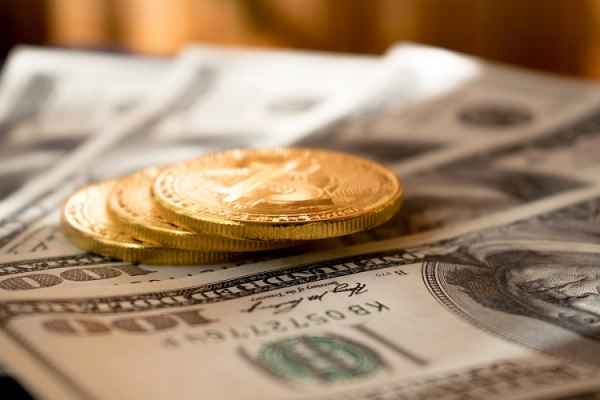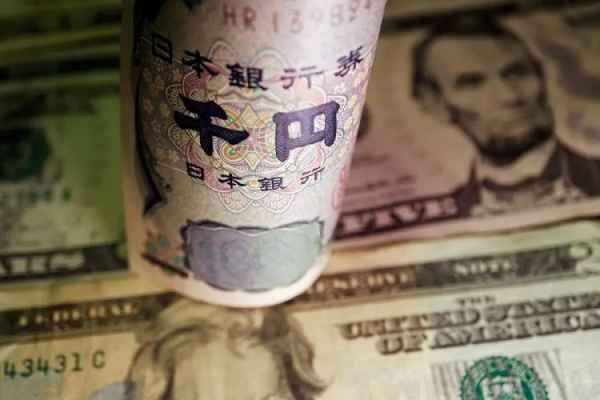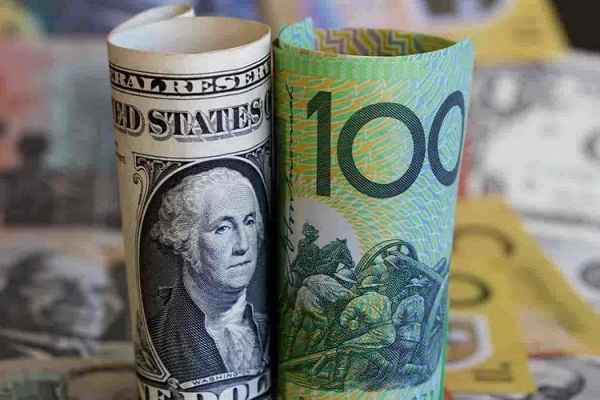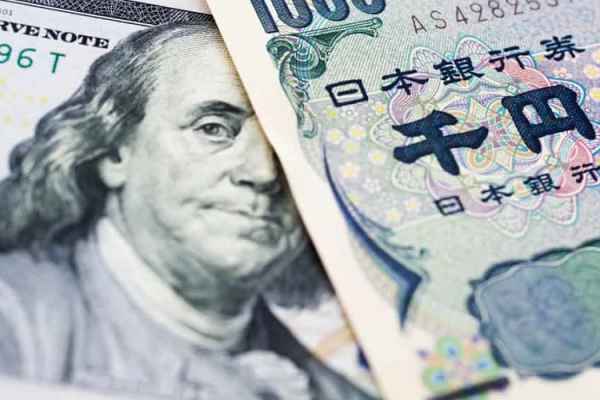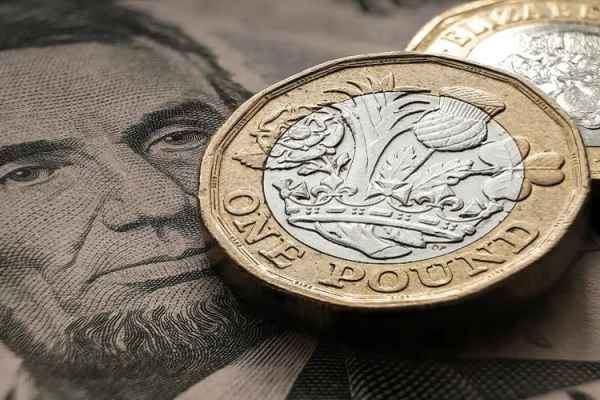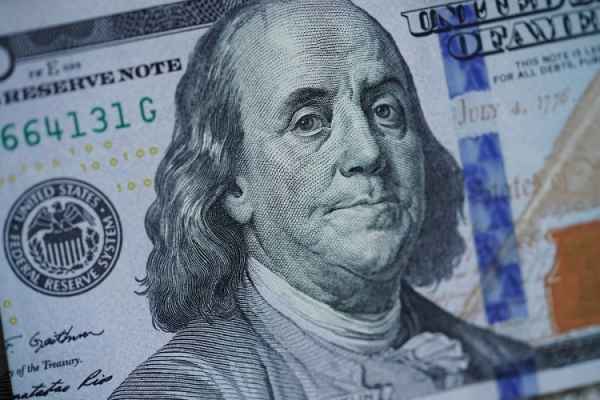Interest rate hikes usually strengthen the associated currency, but today's historic BoJ decision triggered a sell-off in the yen. Here's why.
The Bank of Japan decided to raise interest rates to zero percent at its policy meeting this morning (19/March). The market responded to the BoJ's historical move by mobilizing a sell-off in the yen. USD/JPY immediately shot up more than 0.8% to reach the 150.40s range when entering the European session.
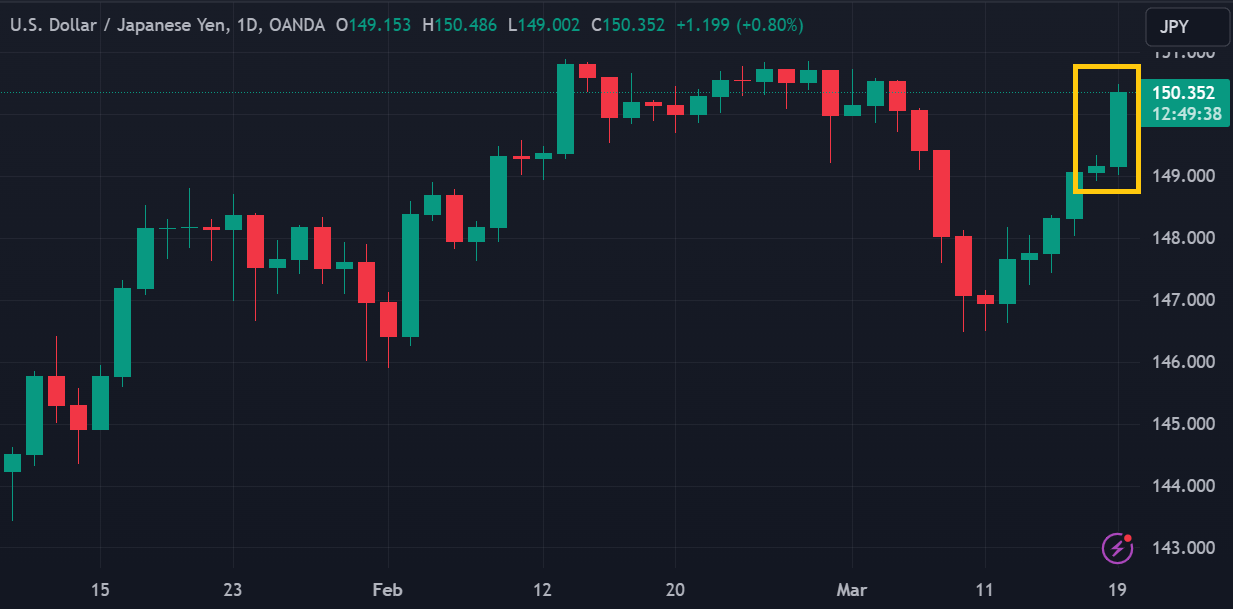
This time, the BoJ's rate hike to the 0.0-0.1% range was the first monetary tightening in 17 years. At the same time, the BoJ also dumped its controversial yield curve control policy and ETF purchase program. This moment marks a new era in Japan's economic history.
A tightening of monetary policy usually leads to a strengthening of the exchange rate of the relevant currency. Still, the BoJ's series of decisions triggered a sell-off in the yen. Two reasons underlie this phenomenon.
First, some market participants had long anticipated Japan's interest rate hike to zero percent through previous rumours. Secondly, the BoJ emphasized maintaining the current "accommodative financial conditions".
BoJ Governor Kazuo Ueda told reporters that the next policy change will depend on the economic outlook and inflation. The BoJ will also continue to run its government bond purchase program and increase the scale of purchases if yields jump significantly. Consequently, the market does not expect the BoJ to raise interest rates further soon.
"The BOJ took its first, tentative step towards policy normalization. The big question is what happens next," Frederic Neumann, chief Asia economist at HSBC. "Likely, the BOJ will find that it is getting 'stuck at zero', being unable to lift short-term interest rates meaningfully further in the coming quarters."
Experts think the yen will henceforth be more affected by Fed policy, particularly economic projections and the prospect of a US interest rate cut following the upcoming FOMC announcement. The reason is that Japan's interest rate hike to zero percent does not affect the yen's status as a favourite funding currency. Funding currency is a nickname for a currency that is sold versus a higher-interest currency in a carry trade transaction.
"The sell-off in the yen highlights how the funding properties of the yen persists," said Aninda Mitra, head of Asia macro and investment strategy at BNY Mellon (NYSE:BK) investment management. "But we would be more cautious about greater two-way risk and higher volume going forward."

 Dedicated FREE FOREX VPS
Dedicated FREE FOREX VPS Free FOREX Virtual Private Server
Free FOREX Virtual Private Server MT4 Demo Contest, Get $500
MT4 Demo Contest, Get $500 Sign Up for an Account, Claim 60% Deposit Bonus
Sign Up for an Account, Claim 60% Deposit Bonus Free MT4/MT5 VPS 2024
Free MT4/MT5 VPS 2024 Send E-mail and Get Free Merchandise
Send E-mail and Get Free Merchandise $1K Refer a Friend Bonus for Pepperstone Pro clients
$1K Refer a Friend Bonus for Pepperstone Pro clients Maximize Your Earnings with 100% Deposit bonus
Maximize Your Earnings with 100% Deposit bonus Trade to Win, $5,000 Monthly Demo Contest
Trade to Win, $5,000 Monthly Demo Contest Claim 30% + 15% Deposit Bonus from LiteFinance
Claim 30% + 15% Deposit Bonus from LiteFinance
